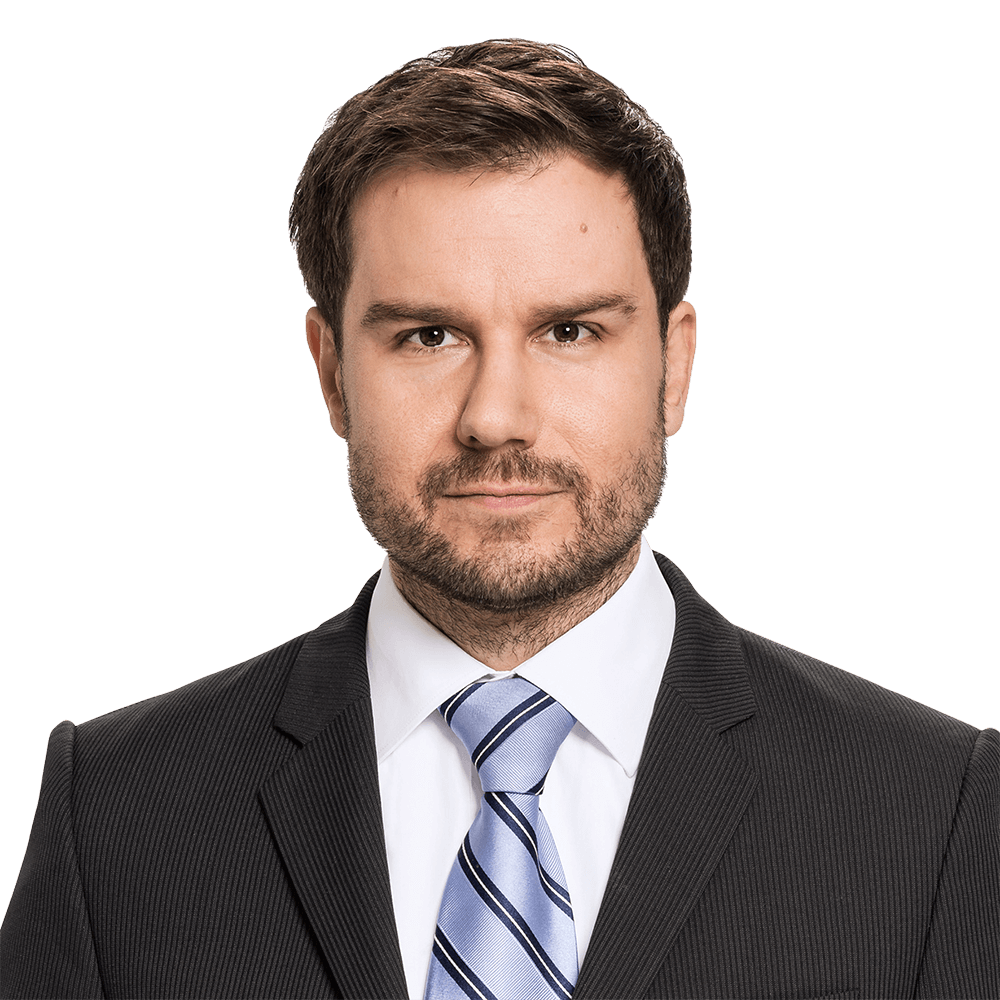As the fourth-highest player worldwide in the number of exported cars, with 2,500 foreign companies and 600,000 employees in the supplier industry, Mexico has quickly developed into a car hub over past years. The production plants of numerous manufacturers encouraged both medium-sized and large suppliers produce their parts in Mexico as well.
The Mexican Deputy Consul Dr Héctor Portillo Jimenez explained during this event why Mexico has become so famous with investors: It is a “bridge country” between North and South America, acting as a connecting element between different cultures as well as industrial and developing countries. It is also part of a large free-trade area, and so Mexico was seen as the gateway to major sales markets for many companies. “Steady economic structures and financial systems encourage investments”, said Portillo in his lecture.
Chairman of the Board of Directors and CEO of Schlemmer Group, Josef Minster, was the next expert to speak. He revealed how investments in Mexico, more often than not, can be successful. He brought to light the case of the automotive supplier from Poing, Bavaria, who made several mistakes, so that other companies might learn from them. For instance, he suggested – with a smile – to always send two expatriates from the home country to Mexico so that they might prevent too-strong an adaption of native conditions. Minster also pointed out how management from the HQ can help to create and control clear structures. For any legal and tax-related issues, experienced advisors on site are required. Essentially, just as for any other foreign investments, companies must bear in mind the possible setbacks. However, Minster concluded: “From our own experience, we know that a production plant with encouraged, enthusiastic employees can be established in Mexico, and that it performs above average compared to other countries, by making the right decisions.”
Axel Schurbaum, CEO of the global relocation agency Unigroup UTS, and his colleague Stefanie Krebs, went on to clarify the requirements for the visa application, the organization of relocations and other essential arrangements, such as house hunting. The relocation experts particularly focused on the local conditions in practice; customs regulations in Mexico as well as tips about accommodation and the local authorities.
Nicolas Knille, employment law expert at Osborne Clarke, rounded off the seminar with an explanation of investment issues in Mexico. He concentrated on the characteristics of the Mexican market, as well as the country’s employment law. He also provided practical advice on the contractual conditions of expatriates who are going on secondment in Mexico. He finished by covering the social security law issues, giving insights into cultural differences such as the cooperation with Mexican employees or business partners.
Corporate communications and press contacts
Connect with one of our experts




